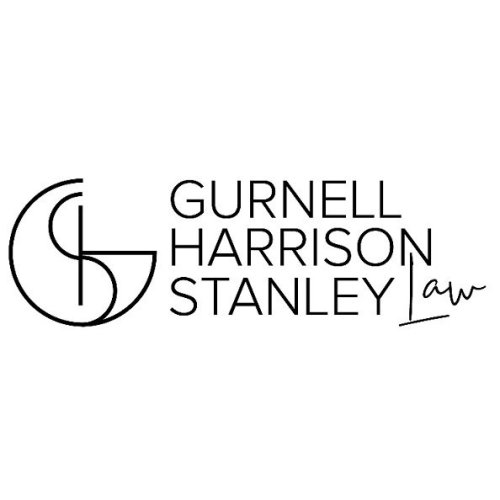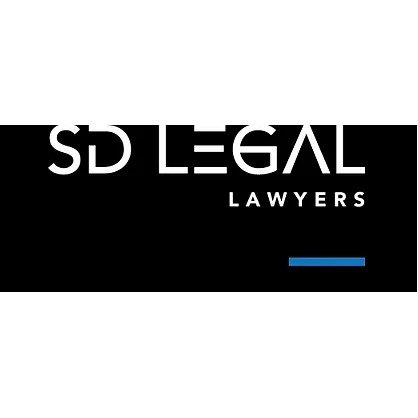Best Wrongful Termination Lawyers in Hamilton
Share your needs with us, get contacted by law firms.
Free. Takes 2 min.
List of the best lawyers in Hamilton, New Zealand
About Wrongful Termination Law in Hamilton, New Zealand
In New Zealand, including Hamilton, employment agreements are protected under law. This stipulates that employers cannot unjustifiably dismiss their employees without due process. Wrongful termination, also known as unjustifiable dismissal, occurs when an employee is dismissed from their position in a manner that violates the terms of their employment agreement or breaches the Employment Relations Act 2000. This could include termination without proper notice, termination based on discrimination, or dismissal without a fair process.
Why You May Need a Lawyer
Employment laws can be complex and navigating them on your own can be challenging. You may need legal assistance if you believe you have been unjustifiably dismissed, if there is a dispute over the terms of your employment contract or your rights as an employee, or if you need help navigating the legal process for making a claim of wrongful termination. A lawyer can provide advice, represent you in mediation or in court, and assist with the preparation and filing of necessary documentation.
Local Laws Overview
The primary law concerning wrongful termination in Hamilton, New Zealand is the Employment Relations Act 2000. This law stipulates that all dismissals must be both substantively and procedurally fair. That means the employer must have a legitimate reason for the dismissal and must carry out the process in a fair and reasonable manner. The employee must be given the opportunity to respond to allegations before a decision is made. The Employment Court typically is the forum for these cases, and remedies can include reinstatement, compensation for lost wages, and damages for humiliation and injury to feelings.
Frequently Asked Questions
1. What constitutes wrongful termination?
Wrongful termination, or unjustifiable dismissal, occurs when you are dismissed in a manner that violates the terms of your employment agreement or the provisions of the Employment Relations Act 2000.
2. Can I be fired without a warning?
Generally, employers must go through a fair process before deciding to terminate, which often includes providing a warning. If you have been dismissed without warning, you may have grounds to claim wrongful termination.
3. What can I do if I believe I have been wrongfully terminated?
If you believe you have been wrongfully terminated, you should first seek legal advice. If your dismissal is found to be unjustifiable, you can file a claim with the Employment Relations Authority.
4. What kind of compensation could I receive?
Remedies can include reinstatement, compensation for lost wages, and damages for humiliation, loss of dignity, and injury to feelings.
5. How long do I have to file a claim?
Any personal grievance claim must be raised with the employer within 90 days of the actions leading to the grievance, or the date at which the employee became aware of it.
Additional Resources
There are several resources to assist you in this process. The New Zealand Ministry of Business, Innovation and Employment provides several online resources related to employment rights. Community Law Centres throughout the country also offer free legal advice.
Next Steps
If you believe you have been wrongfully terminated, the first step is to seek legal advice. Discussing your situation with an experienced employment law lawyer can provide valuable insights and help determine the best course of action. They can guide you through the process of raising a personal grievance, negotiating a settlement, or proceeding to mediation or the Employment Court if necessary.
Lawzana helps you find the best lawyers and law firms in Hamilton through a curated and pre-screened list of qualified legal professionals. Our platform offers rankings and detailed profiles of attorneys and law firms, allowing you to compare based on practice areas, including Wrongful Termination, experience, and client feedback.
Each profile includes a description of the firm's areas of practice, client reviews, team members and partners, year of establishment, spoken languages, office locations, contact information, social media presence, and any published articles or resources. Most firms on our platform speak English and are experienced in both local and international legal matters.
Get a quote from top-rated law firms in Hamilton, New Zealand — quickly, securely, and without unnecessary hassle.
Disclaimer:
The information provided on this page is for general informational purposes only and does not constitute legal advice. While we strive to ensure the accuracy and relevance of the content, legal information may change over time, and interpretations of the law can vary. You should always consult with a qualified legal professional for advice specific to your situation.
We disclaim all liability for actions taken or not taken based on the content of this page. If you believe any information is incorrect or outdated, please contact us, and we will review and update it where appropriate.















